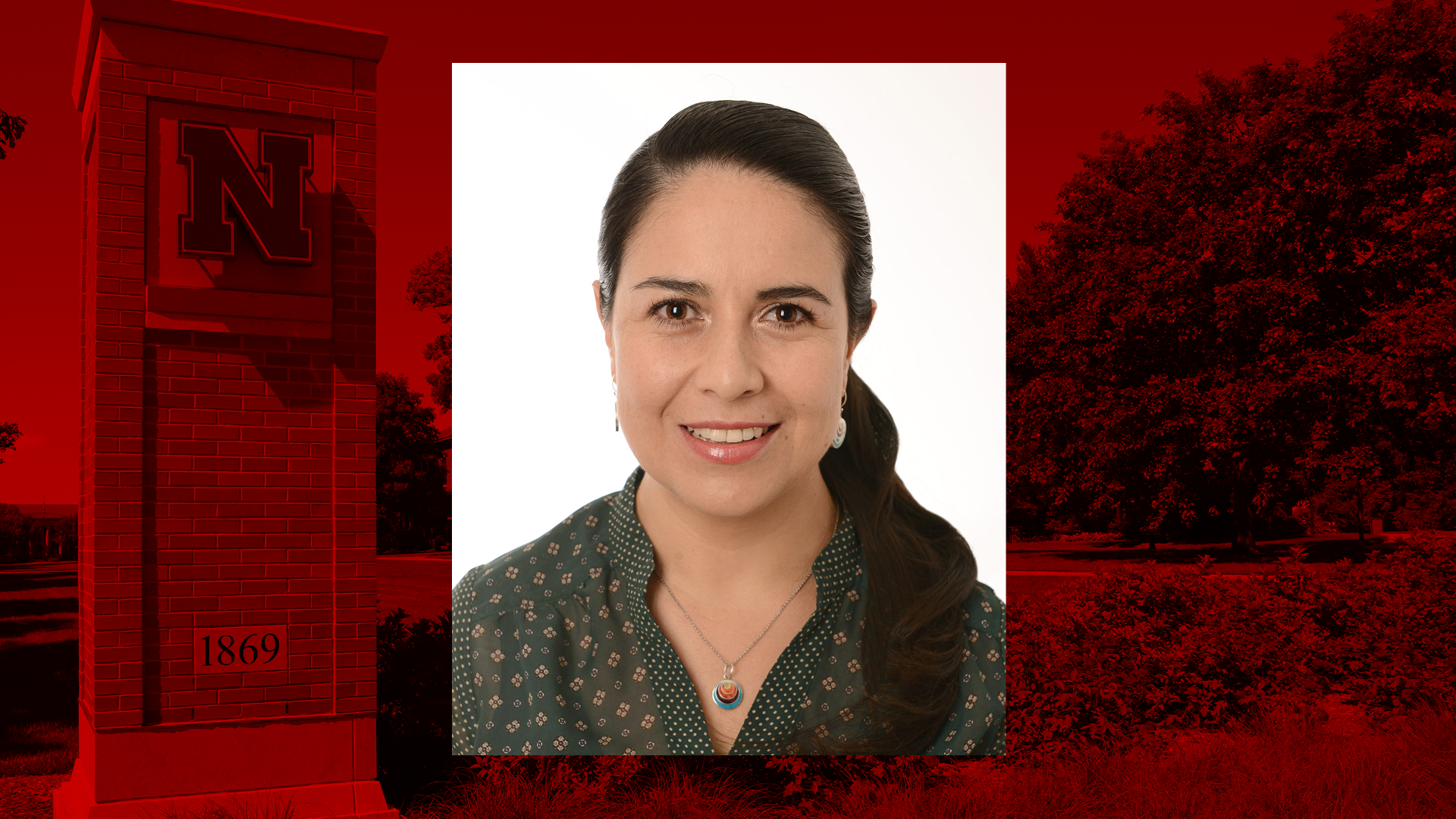
by Fran tenBensel Benne | Agronomy and Horticulture
S. Carolina Córdova joined the Department of Agronomy and Horticulture on Aug. 15 as an assistant professor and statewide soil health specialist. Her position is 60% extension and 40% teaching, both in the department and in the School of Natural Resources.
Currently, Córdova is building the University of Nebraska–Lincoln Soil Health Program to support collaborative efforts on soil health science research, extension, and teaching across the state.
Her research aims to unite soil health and the sustainable intensification of agriculture while studying mechanisms to increase carbon sequestration and reduce farmer reliance on synthetic fertilizers. Additionally, her research and teaching programs strive to integrate agroecological principles, a deep understanding of biogeochemistry and ecosystem ecology, and modeling to understand soil-plant-microbe interactions in important agricultural settings.
“Nebraska has infinite opportunities for me to work in diverse agroecosystems and seek ways to improve agricultural production and build more resilient and healthy soils,” Córdova said.
She gets to work on diverse projects — studying the environmental performance of various annual and perennial bioenergy crops, forest and midwestern cropping systems managed within an intensified gradient framework.
Originally from Ecuador, Córdova said she inherited her love for soil from her dad, a civil engineer.
“Since I was around six years old, I was my dad’s assistant and joined him to visit projects and to run soil physical analysis at the lab,” she said. “Whenever we found a soil pit, I was fascinated by the different soil-colored layers and my dad’s explanations about why soil conditions, properties and mineralogy changed from one site to another.”
These experiences were enough to get Córdova hooked on soil science. Moreover, it motivated her to seek academic and professional opportunities to learn more about soil properties and land management practices in different countries and cultures.
Córdova earned a Bachelor of Engineering in agroindustry from Tecnica del Norte University, Ecuador, and a doctorate in soil science from Iowa State University. Her academic journey has taken her to live, work and study in different countries and universities, including Ecuador, Germany, Panama and the United States, which has deepened her worldview on agriculture and soil management.
Before coming to Nebraska, Córdova worked as a project coordinator and postdoctoral research scientist with the Great Lakes Bioenergy Research Center at the W.K. Kellogg Biological Station at Michigan State University. In addition, she was a member of G. Phil Robertson’s biogeochemistry, agroecology and nitrogen cycle lab and the Long-term Ecological and Agroecosystem Research Networks.
“My husband and I are excited to be in Nebraska — a great state for outdoor enthusiasts like us,” she said.
During their first week in Lincoln, Córdova and her husband got mountain bikes to explore the numerous trails that cross the city, and so far, they have conquered the Mopac and the Pioneers Park trails.
“We can’t wait to visit all the beautiful prairies of the Great Plains, the towering dunes of the Sandhills, the fascinating rock formations of the Panhandle, and witness the crane migration,” Córdova said. “We will either bike, kayak, hike or drive through the state.”
More details at: https://go.unl.edu/6uwc